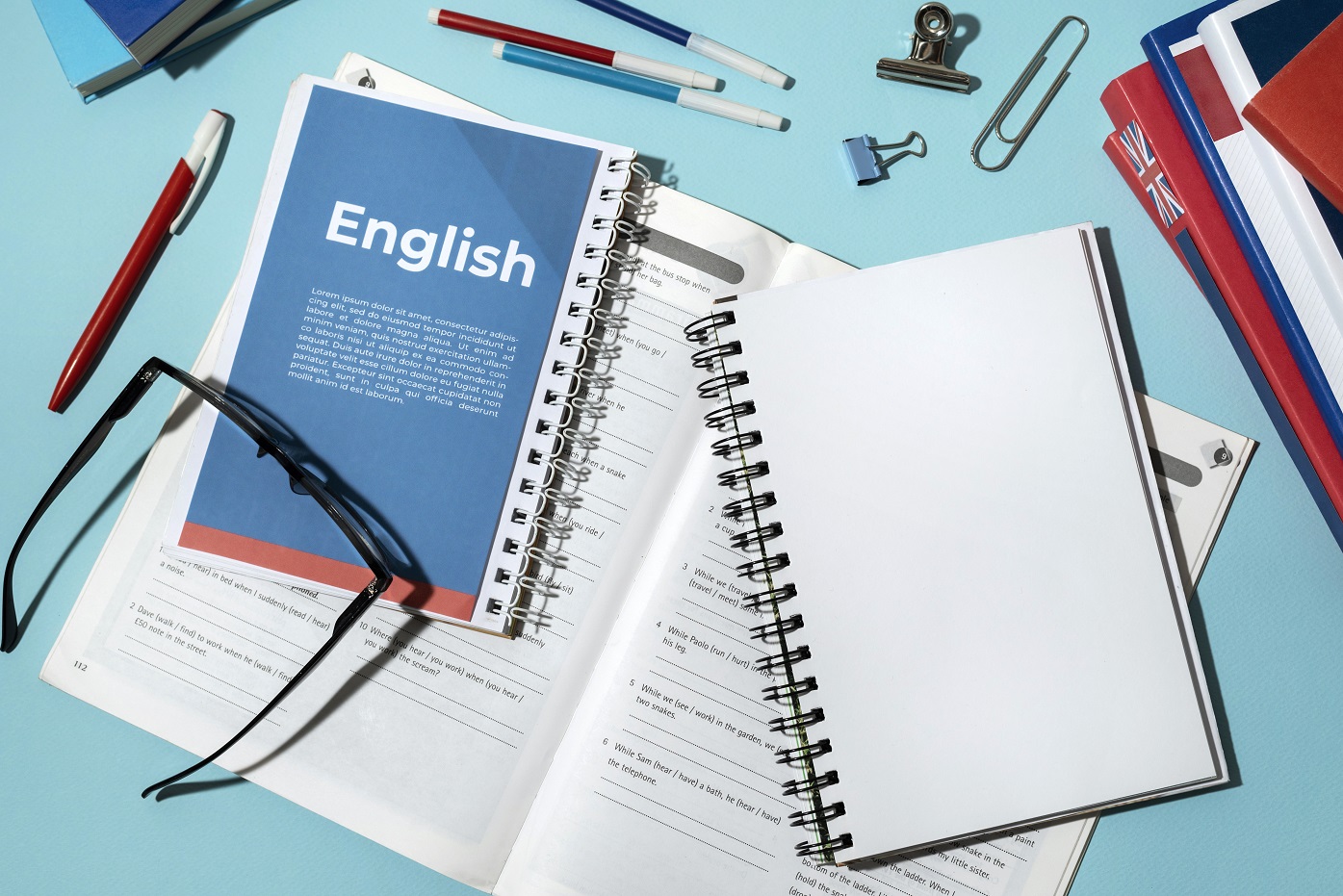
English proficiency tests are important to opening doors for both career and personal development. I also know how nerve-racking it can seem, especially after hearing the stories of people who had to rewite theirs. Since I have successfully passed my IELTS test with the score, 9.0 in listening and an overall band of 8.0. , I will share my experience and helpful pointers to help you.
Prior to writing my IELTS examinations, I had heard of the terror like most of you reading this have, of how impossible the examination was. It became even much more daunting with the realization that I had to take part in the IELTS examination in a given four months. I hated the possibility that I could fail and to avoid that I had to spring to action.
- Understanding English Proficiency Tests
- My Experience With IELTS
- Resources For English Proficiency Test
- Overcoming Barriers
- English Proficiency Test D-Day
- Recap

Understanding English Proficiency Test
English proficiency tests are standardized assessments designed to measure your ability to communicate effectively in English. They assess your abilities in speaking, writing, listening, and reading in a variety of contexts, including both academic and professional settings as well as casual encounters. The most popular English proficiency exams are the TOEFL, IELTS, Cambridge English Exams, and recently the Duolingo English Test. They all have different objectives and are accepted by colleges, companies, and immigration authorities worldwide. The trick is knowing what test your school or country in question accepts.
My Experience with IELTS
First, I tried to understand the nature of the test- the Reading, Writing, Speaking and Listening. Next, I went online to find what had helped those who had done so well at it in the past. With all my findings I had to make the following steps to better my chances at scoring high.
Source Materials
I sought out materials in all component parts of the examination; past questions for practice with answers would help a lot.
Active Listening
To pass the listening test, you must be able to hear what the tapes say. So, I spent a considerable amount of time listening to podcasts, watching foreign news and movies without subtitles. I did this until I could flow easily with how fast they spoke.
Read More
Do a lot of reading practice. Read to improve your reading and comprehension skills. Read between the lines, and read every past question you can find.
Go Easy
When doing the speaking test, talk to the invigilator as you would a boss you have worked with for seven years, or a teacher who you are comfortable to talk to. Don’t over speak and don’t be too tensed. When you are asked to talk about something, avoid stuttering and muffling your words. Try to be, coherent . Don’t be too abstract; tell the stories from the things you know.
Practice Often
Doing the writing test often only makes you better. One great way is to search online and find the latest advances on IELTS writing. For instance, IELTS letter writing style has a different format to our conventional letter writing.
Learning Centers
Not all IELTS tutoring centers know their onions, so I recommend you find a good place to register if you want to take classes. A good IELTS tutoring center would always go through exercises with you and would be inform you on the current tricks of the IELTS.
Resources For English Proficiency Test
As I’ve said earlier, it’s very important to get your hands on relevant resources like past questions. You can use any of these means to gather resources;
- Online courses and tutorials offered by reputable institutions and language learning platforms.
- Practice tests and study guides specifically tailored to the format and content of English proficiency tests.
- Conversation partners to practice speaking and listening skills in a real-world context.
- Speaking with people who have aced their English proficiency tests and asking them for tips.
Overcoming Barriers
While preparing for English proficiency tests, it’s common to experience test anxiety. However, if you follow the tips I shared earlier and practice often, you’d have nothing to worry about. With determination and resilience, challenges can be overcome. Embrace a growth mindset, seek support from friends and teachers. Remember that acing this test is an opportunity for growth and improvement.
English Proficiency Test D-Day
Before the day of the test, make sure to look foryour test center and become familiar with the route. On the day of the test, remember to:
- Get adequate rest the night before to ensure you’re well-rested and mentally alert.
- Eat a nutritious breakfast to fuel your brain and sustain energy levels throughout the test.
- Arrive at the test center early to allow sufficient time for check-in procedures and to minimize stress.
- Approach each section of the test with confidence, focus, and a positive attitude, knowing that you’ve prepared diligently and are capable of success.
Recap
Here’s a recap of all have been said based on my experience, and some practical tips to help you succeed in English proficiency tests:
- Consistent Practice: Regular practice is key to improving language skills. Allocate dedicated time for daily study sessions, focusing on areas of weakness.
- Utilize Resources: Take advantage of online courses, practice tests, and study guides to supplement your learning and familiarize yourself with the test format.
- Effective Time Management: Develop time management skills to allocate sufficient time for each section of the test and avoid rushing through questions.
- Stay Calm: Manage test anxiety by adopting relaxation techniques such as deep breathing and positive visualization to stay focused and composed during the test.
Eventually it was not as hard as I had heard, infact, I scored 9.0 out of 9.0 in the listening and an overall band of 8.0. At first, I entertained so much fear towards the exam, but study and preparation are the keys to excelling.
Remember, with dedication and determination, achieving your desired score is within reach. Good luck on your journey! Share your own experiences or tips for passing English proficiency tests in the comments below. For more helpful insights and resources, read our blog and follow us on social media. Remember, your success is our success!
Anderson Evuru
Anderson Evuru was born on the 29th of June 1994 in Imo state Nigeria, though originally from Abia State. He did his years of early education in the state of his birth; Primary education at Assumpta Primary School, Owerri where he passed out with one of the only two distinctions in the 2005 set First School leaving certificate. The expectations from there began to build on him as a young lad and secondary education was a world of its own that in his words scared him at the very mention of school. He had a slow start in his earlier terms as a secondary student, but jumped right to the top of his class from nowhere and maintained that academic excellence until he graduated from Federal Government College, Okigwe in 2011. His classmates and juniors recognised him for kindness and awarded him for Honesty. Going straight into University at Nnamdi Azikiwe University to study Microbiology, the 17 year old found life very new, but he also found faith to guide him and with interests in matters of faith he gained experience in leadership, fairness and accountability (with the Adventist Student’s Fellowship) which were qualities that would direct the rest of his life. He graduated in 2015, and went on for his postgraduate studies immediately after his National Youth Service. He is currently running a second Master degree in Molecular Medicine at Curtin University, Australia and sits top of his class.





















